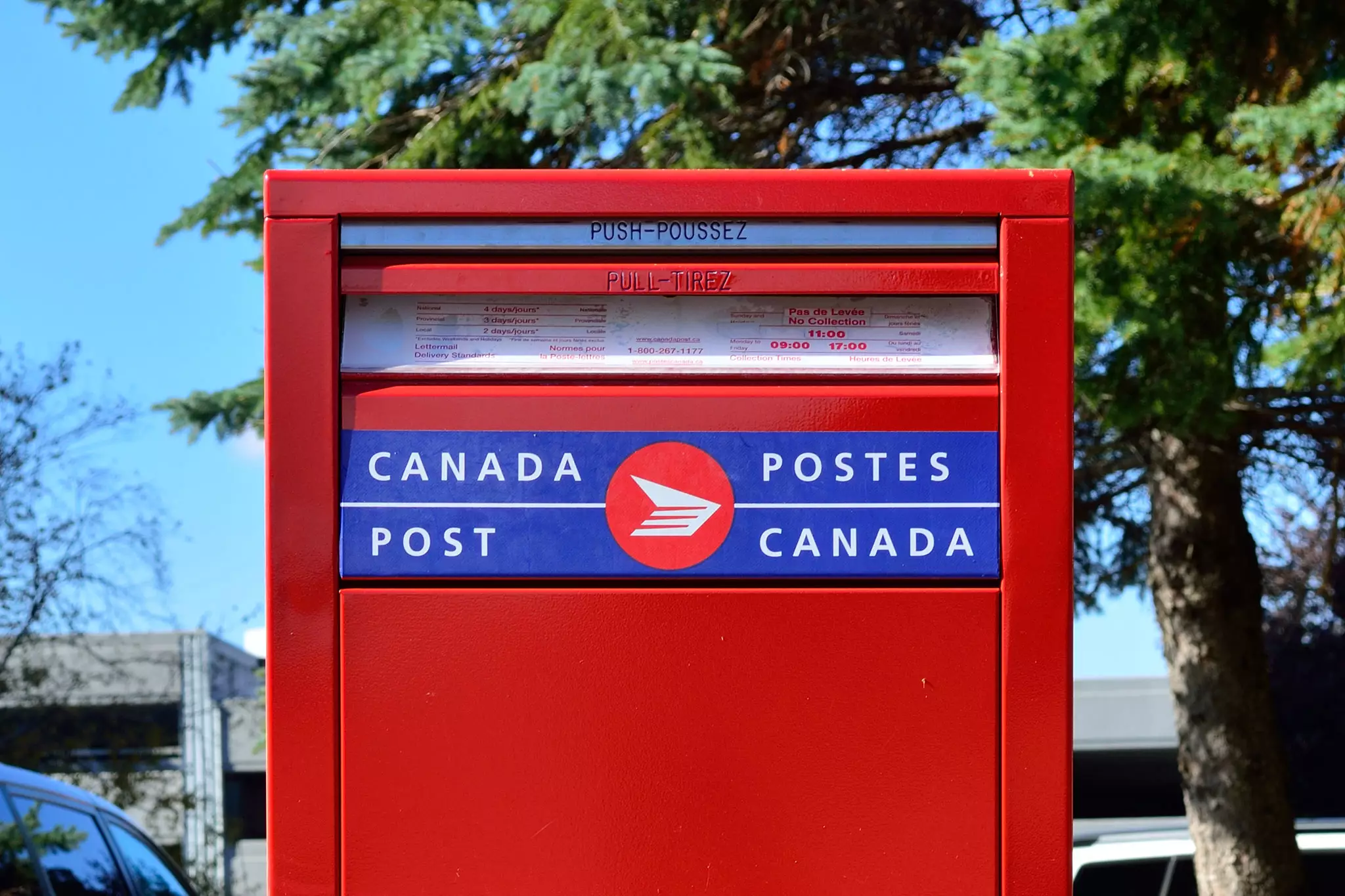Over the weekend, hopes for an end to the Canada Post strike briefly surfaced, only to be dashed by Monday afternoon as the union and management dug in, exchanging sharp accusations of bad-faith bargaining.
In a memo to its 55,000 members, the Canadian Union of Postal Workers (CUPW) criticized Canada Post’s previous offers and said it had presented a broad new contract proposal during face-to-face talks earlier that day.
“We have waited far too long for Canada Post to bargain in good faith. True progress requires meaningful engagement, not surface-level proposals or new demands that derail progress,” the memo read.
The union accused management of undermining worker safety and called for serious consideration of its proposals, adding, “None of us want to be on the picket line, but we cannot continue with management steamrolling workers with random ideas to change work rules.”
In response, Canada Post issued a press release condemning the union’s latest proposal, claiming it introduced “major steps backwards” in the negotiations.
“Canada Post is extremely disappointed that CUPW’s intent appears to widen the gap rather than close it,” the Crown corporation said. It warned that the ongoing strike is accelerating its financial troubles, with 2024 expected to mark its seventh consecutive year of losses.
Key Points of Disagreement
The union’s proposal includes a 19% wage increase over four years and a guaranteed minimum of 20 weekly hours for part-time employees. In contrast, Canada Post has offered an 11.5% wage hike over the same period, along with additional paid leave and pension protections.
A major sticking point is the company’s push for weekend deliveries by a larger part-time workforce, which the union opposes, advocating instead for full-time employees to handle those duties.
Stephanie Ross, a labour studies professor at McMaster University, noted the deeper challenges: “Dramatic restructuring, like expanding casual and part-time labour, makes it far harder to see a clear path to settlement than if the dispute were solely about wages.”
Rafael Gomez, director of the Centre for Industrial Relations and Human Resources at the University of Toronto, agreed, adding, “We’re not in a position where either party benefits from giving in. It’s a lose-lose situation.”
Escalation of Disputes
The two sides traded barbs through the media over the weekend, with CUPW negotiator Jim Gallant expressing disappointment in Canada Post’s latest offer, while the company criticized the union for airing grievances publicly instead of through the mediator.
The federal government has thus far avoided intervening but could invoke Section 107 of the Canada Labour Code to compel binding arbitration if the stalemate continues. Labour relations experts suggest such a move might pressure both sides back to the table.
Meanwhile, the strike, which began November 15, is having a devastating impact on small businesses, especially retailers relying on parcel deliveries during the holiday season. Dan Kelly, president of the Canadian Federation of Independent Business, said, “Merchants have already lost Christmas.”
Implications for the Future
As the strike drags on, the likelihood of a less generous offer from Canada Post grows. “They were already losing money before the strike, and now they’re losing revenue during the busiest time of the year,” said Gomez.
The union’s recent unfair labour practice complaint over layoffs of striking workers adds another layer of contention. While management intended the layoffs to pressure workers, Ross believes the move backfired. “It didn’t introduce fear but instead galvanized CUPW members,” she said.
The entrenched positions highlight deep divisions, both between the parties and within the union itself, leaving little immediate hope for resolution.



